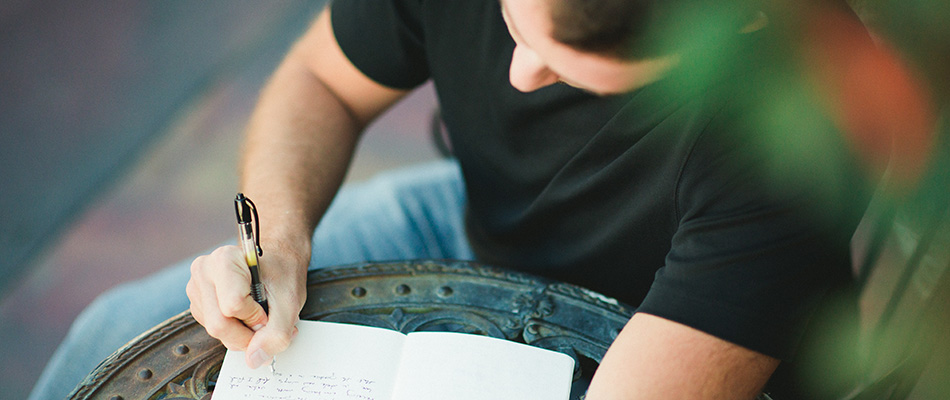Many things have changed since 9/11, the tragedy of all tragedies for us Americans, which brought out both the best and the worst in us: pride and jingoism, strength and anger, determination and discrimination, unity and bloodlust.
We’ve learned much since then–more about the world, more about ourselves. We have seen the sins of our own ways, and seem to recall it more quickly than what we’ve done right. We do still understand that things are not so black and white. Evil is not just evil and good is not just good. The good can do evil. And evil is just human, like us.
Life, we see, is truly a frustrating thing for the ignorant, for the ideologues, for the fundamentalists.
If so much has changed since 9/11, one lingering consequence is the game of public opinion. At first, there is perfect unity: those affected are shown compassion and understanding by those unaffected, because those unaffected feel themselves in those harmed. But with time, those unaffected, quite naturally, see their compassion wane. A tragedy that could have claimed anyone has instead become a simple fact of history–and one, at that, that did not claim them.
But those affected by the tragedy are still ripe with emotion, because they are human and that is our human nature. The affected still recall the victims whose lives have been shattered. These are their neighbors, their friends, the community members who share the same grocer and root on the same ball clubs. We are them, they are us, and we won’t soon forget it. This tragedy is not a simple fact of history that spared our lives, but an unchosen event that lives on still. And, our show of “strength” is not a show at all, but an undying testament to them.
We are the ones who don t-shirts with slogans, and bear affirmations from faith in human resilience. We stand a flag in the sand that reads “Pride” to remember what happened so that it may not happen again.
Then there are those indirectly affected by the same tragedy, or who were not affected at all.
Without the direct emotional ties to the tragedy, the others resort to logic, to forethought, to the memory of our collective wrongdoing from a time gone by when unwieldy emotion blinded our collective moral compass and our good judgment–when we thought we were good and they were evil, and found that our “goodness” could lead us to more wrong than right.
And in the space between these two parties, who are not enemies but themselves countrymen, the affected who still bleed and emote are dubbed “exploiters” of tragedy–weak-minded ones who linger in their tragedy, in spite of the fact that the day becomes more ancient by the second as the clock ticks ever forward.
And the affected, in turn, feeling offended and scolded, call those non-affected–who do not bleed or cry still for the loss and for the pain and for the suffering experienced–high-minded and callous, dark-hearted and unaware, insensitive and inhumane.
Neither party is right. Neither is wrong. I write this piece to say this to both groups, with a hope of uniting them:
Suffering is not a competition.
An affirmation for one does not mean the exclusion of another.
Rightness or wrongness is not at stake–what we witness when parties split into warring camps of opinion reflects the proximity to tragedy, and when there is a tragedy, all ought to side with compassion and understanding, not angry fists formed from insensitive words.
Let those unaffected, who ponder why the affected still “linger” upon the tragedy, remember that when any group of our brethren bleed, those by them will huddle up to protect them. That is our nature. Strike at the bleeding with words or fists, and that huddling pack will be incited to violent response.
Let those affected, who may now feel threatened or abandoned by the unaffected, remember that we are all fighting our own battles and our own tragedies. Let us remember, as well, to show the compassion and care for those affected by their own tragedies, when we suddenly become “the unaffected” in that game of public opinion.
We need feel neither shame nor fear for meeting the suffering of others with compassion. This emotion is, in fact, a most logical choice: a steadfast and strong one that is a testament to the free will of humans and the ability to choose their thoughts and their words with deep care, consideration, and mindfulness.
We tend to think and speak kindly, especially to neighbors and friends, when we recall what pain feels like.
